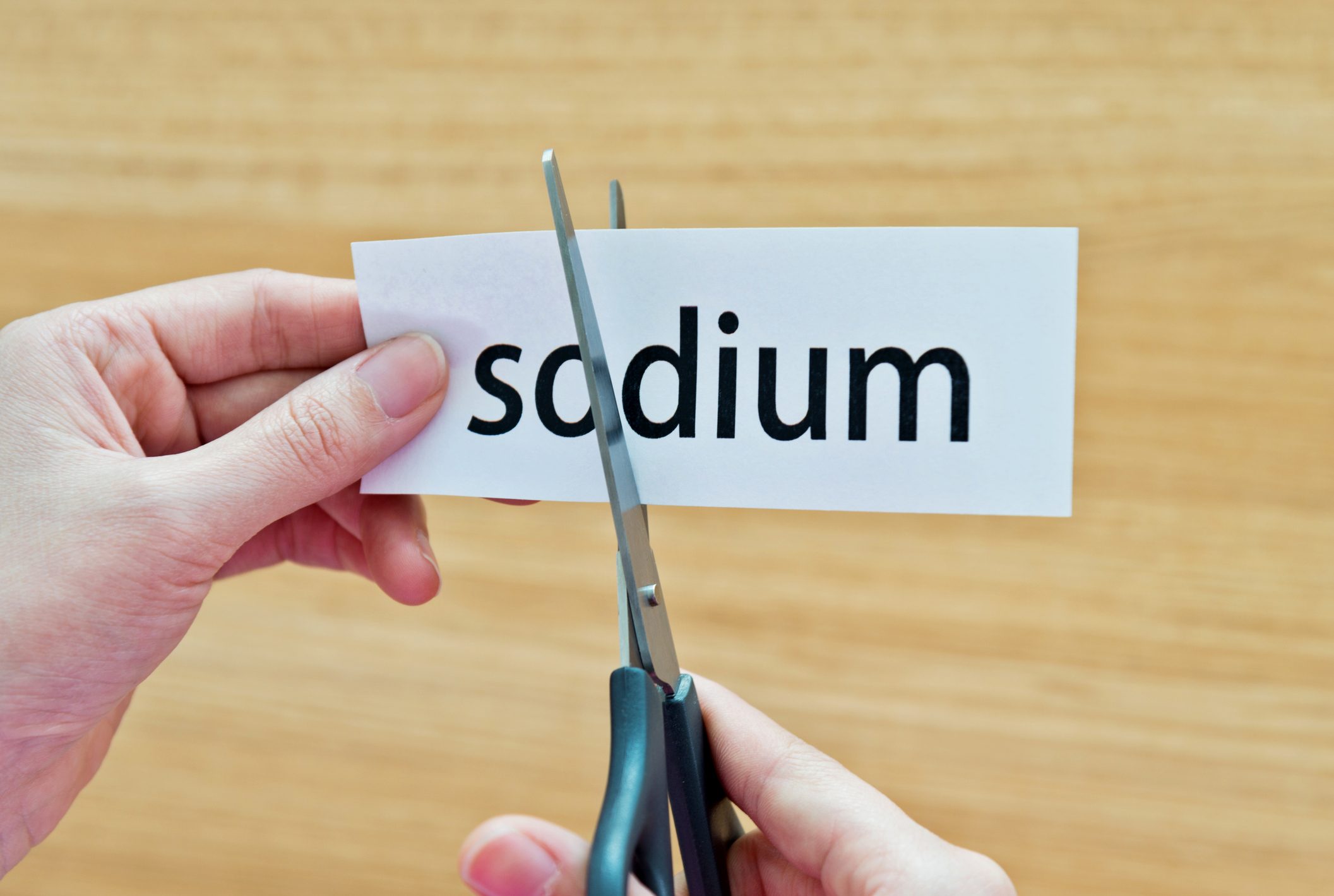Foods That Give You a Great Smile – and the Ones to Avoid
Eating a healthy, balanced diet is good for our health, but did you know that it’s also good for your teeth?
;)
Eating a healthy, balanced diet is good for our health, but did you know that it’s also good for your teeth?
If you want to keep your teeth looking great and feeling healthy, a good diet is essential. So what foods should you be eating to keep your gnashers strong and your gums in great shape? And which foods should you avoid like the plague? You may find some surprising entries in both our good and bad foods and drinks that may make you want to reconsider the way you look after your mouth.
Good for Your Teeth and Gums
Cheese
Good news for cheese lovers! A study published by the American Academy of General Dentistry shows that cheese raises the pH levels in your mouth, which lowers the risk of tooth decay. Cheese also contains protein and calcium, essential nutrients for strengthening tooth enamel.
Leafy Greens
Good old leafy greens are full of vitamins and minerals, and kale and spinach are great for your oral health. They’re high in calcium for building your tooth enamel, and they also contain folic acid, which is good for gums.
Yoghurt
The probiotics found in natural yoghurt help to crowd out cavity-causing bad bacteria. Yoghurt is also high in calcium and protein, but be sure to check the label to make sure it’s a plain variety with no added sugar.
Green or Black Tea
You may have heard that tea stains your teeth, but researchers at the University of Illinois in Chicago found that the polyphenols contained in black or green tea slow the growth of bacteria associated with tooth decay and gum disease. Polyphenols can also fight bacteria that cause bad breath. You don’t have to drink the tea, you can just rinse your mouth with it, but green tea is such a beneficial brew you’ll probably want to drink it anyway.
Raisins

This may surprise you, but raisins don’t contain any sucrose, which is responsible for helping plaque-producing bacteria stick to teeth. Some compounds found in raisins also affect the growth of bacteria that causes gum disease.
Sugarless Gum
Chew a stick of sugarless gum after a meal to help boost your saliva levels. It sounds gross, but the saliva helps clear away bad bacteria. It has to be sugar-free gum, though.
Cranberries
Cranberries are rich in polyphenols, just like tea. They can be naturally tart though, so be careful to check that there is no added sugar in cranberry products. If you can stand it, unsweetened cranberry juice may be the way to go.
Foods That Damage Your Teeth
Ice

This is a surprising one, as there’s no sugar in ice. Chewing on it is bad for your teeth though because of the risk of damaging the enamel. If you have an ice-chewing habit, try crunching on some raw carrots or apples instead.
Too Much Citrus Fruit
The acid in citrus fruits can damage tooth enamel over long periods of time. If you like adding a dash of lemon or lime juice to your drinks, bear in mind that it’s not the best thing for your mouth.
Sugar
No surprises with this one, we all know that sugary snacks and drinks are just plain bad for our teeth. Check packaging for hidden sugars, or for sugar under another name such as sucrose, fructose etc.
Sticky Foods
Foods that stick to your teeth can damage them because they stay on your tooth surface longer. This is especially true of dried fruits like apricots, which are sticky. It you like dried fruits, take care to rinse your mouth out with water after eating them.
Starchy foods like crisps and white bread can also get trapped in your teeth and cause problems with plaque build up.
Sports Drinks
They seem healthy, but can be packed with sugar. Check before you drink.
Tomatoes

Eaten as part of a meal, tomatoes are generally fine with your teeth. The problem is that they are acidic, and acid and tooth enamel do not mix. If you like to snack on tomatoes regularly, have a good drink of water afterwards to help minimize any acidity.
Alcohol
Alcohol can dry your mouth out, which is a boon for the bad bacteria as there’s no saliva to flush them away. Sugary liqueurs and alcopops are double the danger, and some white wines are quite acidic.
;Resize,width=767;)
;Resize,width=712;)
;Resize,width=712;)
;Resize,width=712;)
